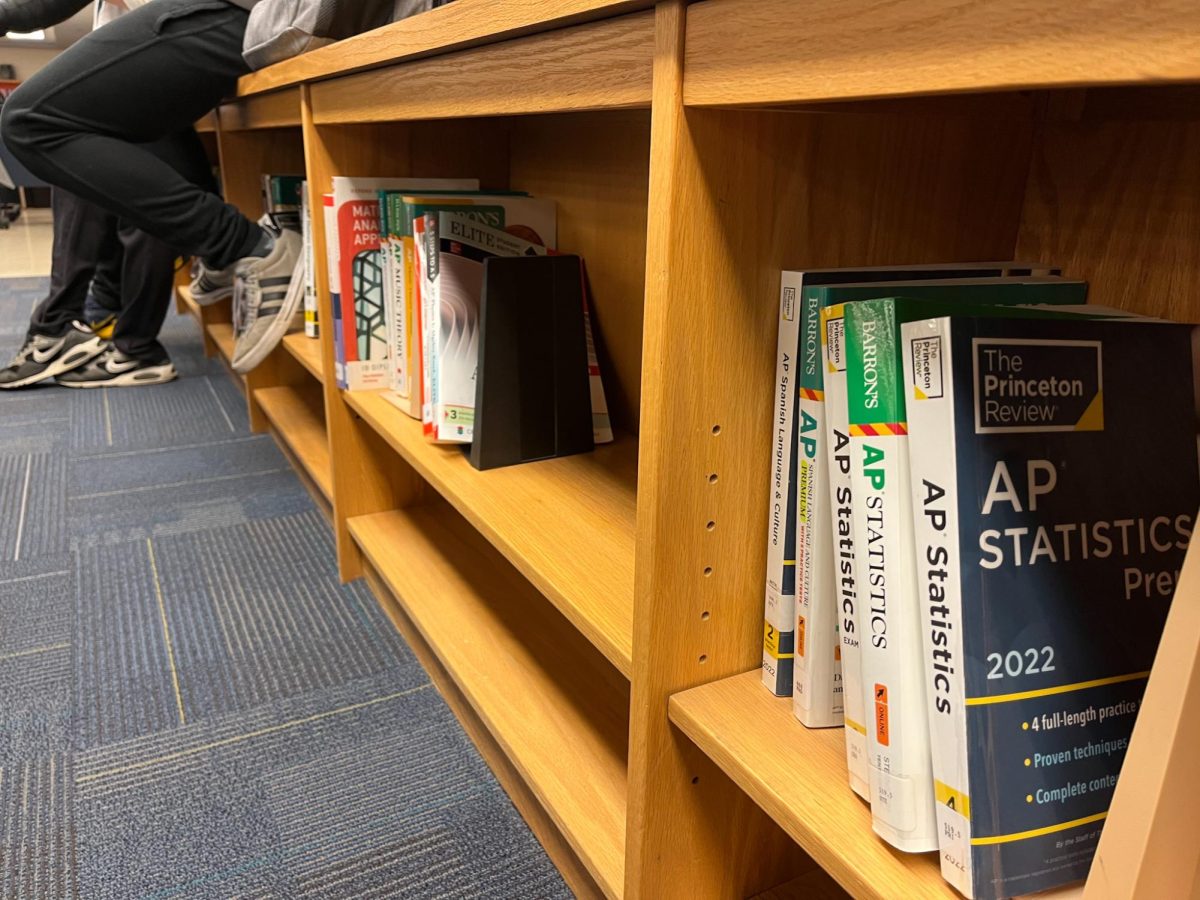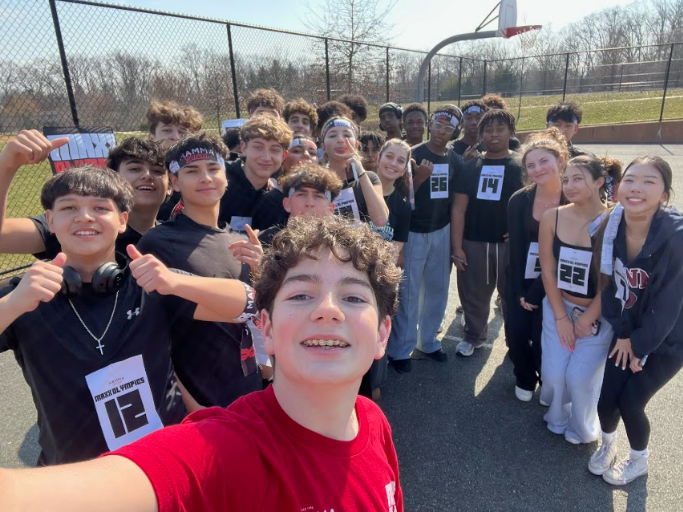The common idea that kids only take drugs to get high is changing. Adderall and other Attention Deficit Hyperactivity Disorder (ADHD) medication usage has increased rapidly among teenagers in the last 10 years.
Unlike common prescription drug abuse, Adderall is a drug not used to get high or experience euphoria, but taken to heighten attention span and academic performance.
According to a study in Pediatrics conducted from 1998 to 2005, reports related to teenage victims of ADHD medication abuse rose 76 percent while prescriptions for these medications for teens rose by 86 percent.
Since many students have prescriptions for ADHD medication, it is easy for their friends who are not prescribed to gain access to the drug.
Many students feel an increasing pressure to do well in school and see Adderall as a way to help them focus on completion of schoolwork or study for big tests.
“I take Adderall because it allows me to complete all my work where I would have otherwise not been able to,” said non-prescribed Adderall abuser and junior Rick, who aksed that his real name not be used. “I can also get a lot done in a shorter period of time.”
Teen Adderall abuse is controversial due to the drug’s effect on behavior. The drug stimulates the mind to focus on academic assignments while blocking out hunger, urges to socially interact, and other normal behaviors that users experience when not on the drug.
“One time I took a pill at night and couldn’t sleep,” prescribed user sophomore Hanna Gnaoui said. “All I wanted to do was work, work, work. You don’t want to talk to people, you just need to study.”
For frequent Adderall users, the drug can be an integral part of achieving academic success and can enable them to perform in school like other students in their classes. It can also help give a chance to students troubled by ADHD and ADD to learn and retain information at the same level as their peers.
“In school I get very hyperactive and can’t focus,” junior Amanda Brody said. “It is extremely difficult for me to concentrate without my medication.”
According to Dr. Kent Ellis, it can be extremely difficult for individuals to withdraw from Adderall, and significant side effects could require a rehab facility to assist in stopping the medication.
The abuse of Adderall is most common among high school and college students. The academic performance-enhancing capabilities the drug harnesses, along with its ability to help users keep a thin appearance and stay up late at night, are all incentives to abuse the drug. In addition, it has become common for teens to drink alcohol while taking Adderall.
According to Ellis, alcohol, a depressant, helps calm the jitters Adderall causes, and the stimulating effects of Adderall allows drinkers to stay awake and drink for longer periods of time.
Just like any stimulating amphetamine, Adderall has potential effects similar to cocaine abuse. Stimulants work to speed the heart rate, allowing individuals to feel more alert, but when paired with other seemingly harmless stimulants like caffeine or adrenaline, the results can be deadly.
“Adderall is a stimulant,” Ellis said. “It acts to increase alertness and study focus, keeping the individual awake. It therefore causes sleep deprivation . . . once the effects have worn off. A far more serious consequence of the stimulant’s effect, however, is the potential for cardiac dysfunction.”
Adderall’s prevalence among students is becoming more prominent as the pressures to perform in school are higher than ever. While the side effects and possible dangers of the drug seem to be ignored by dedicated users, the drug has the potential to become a serious problem if its popularity continues to grow.







